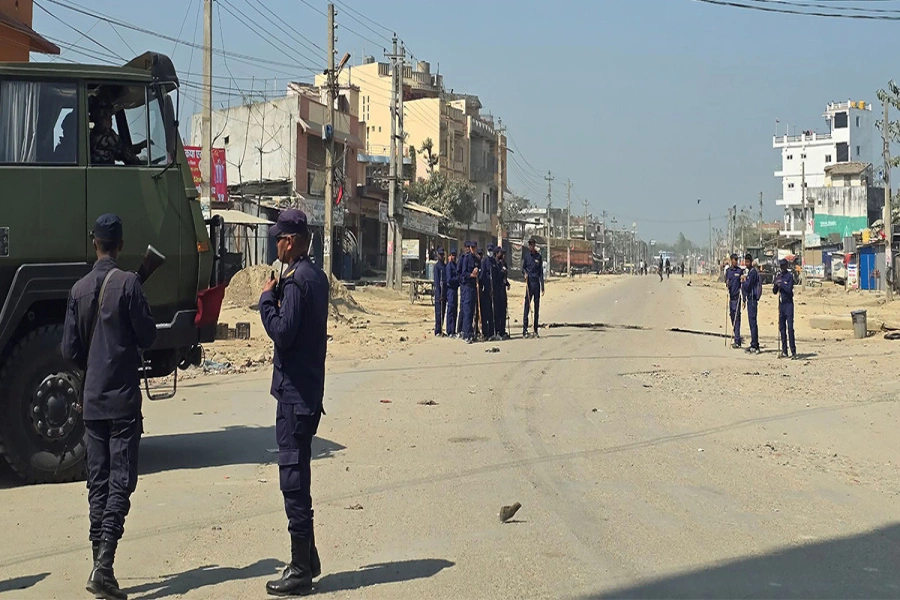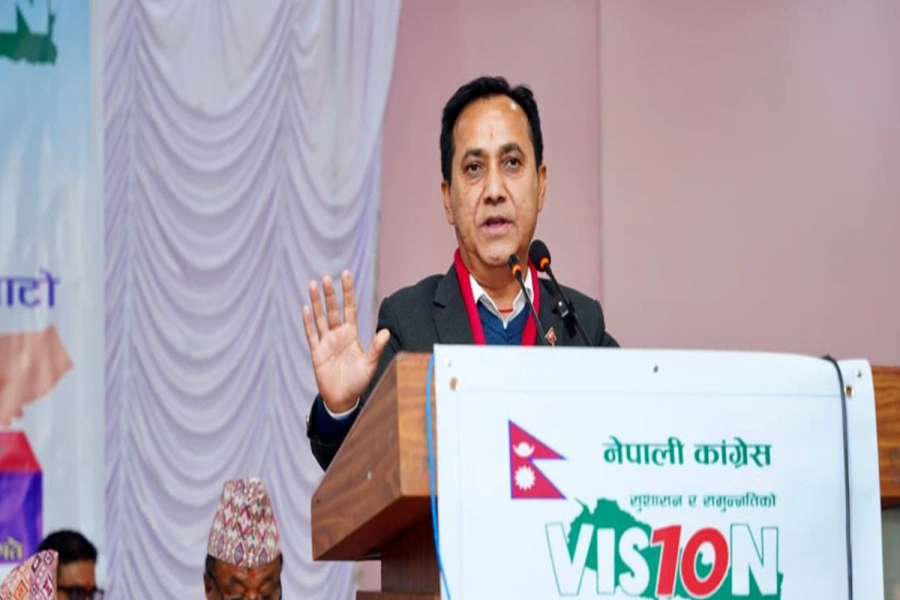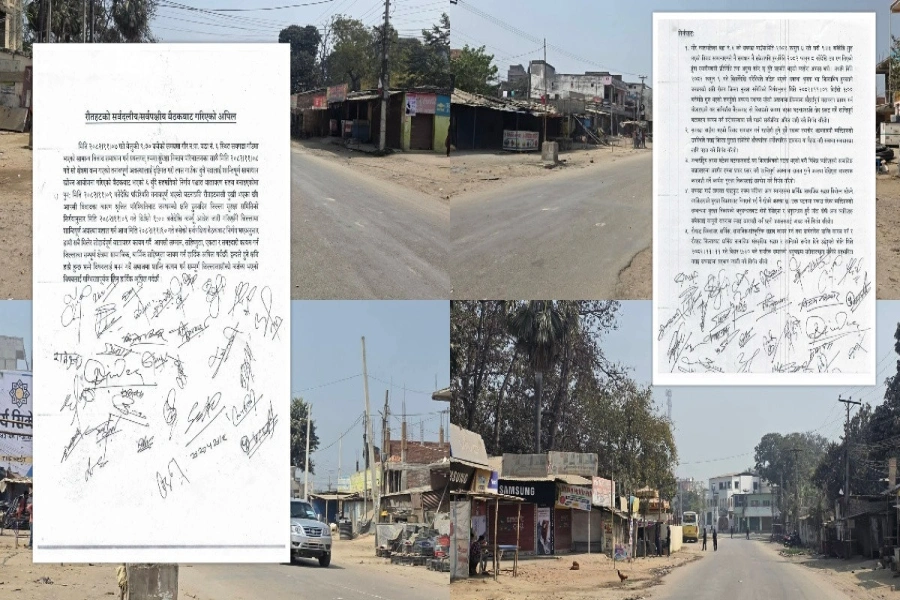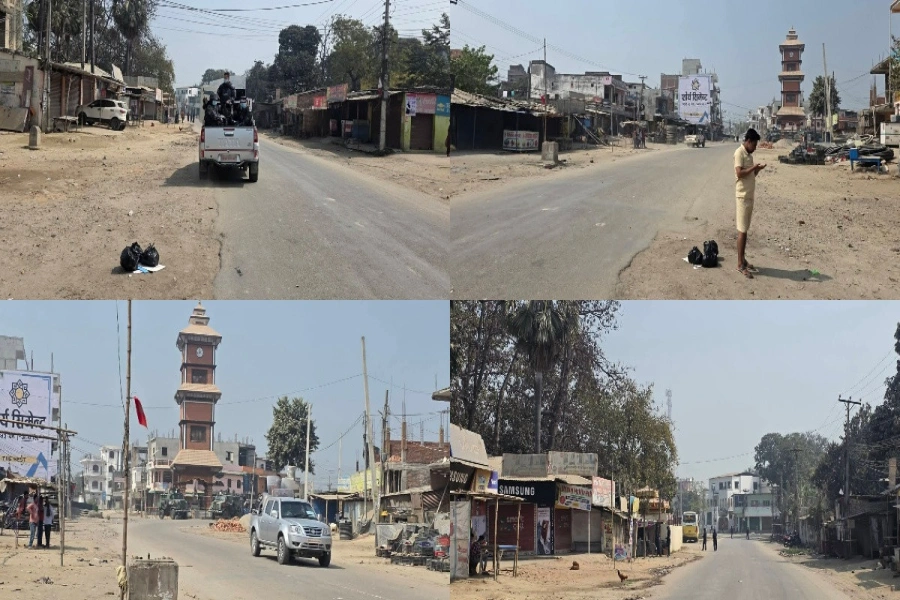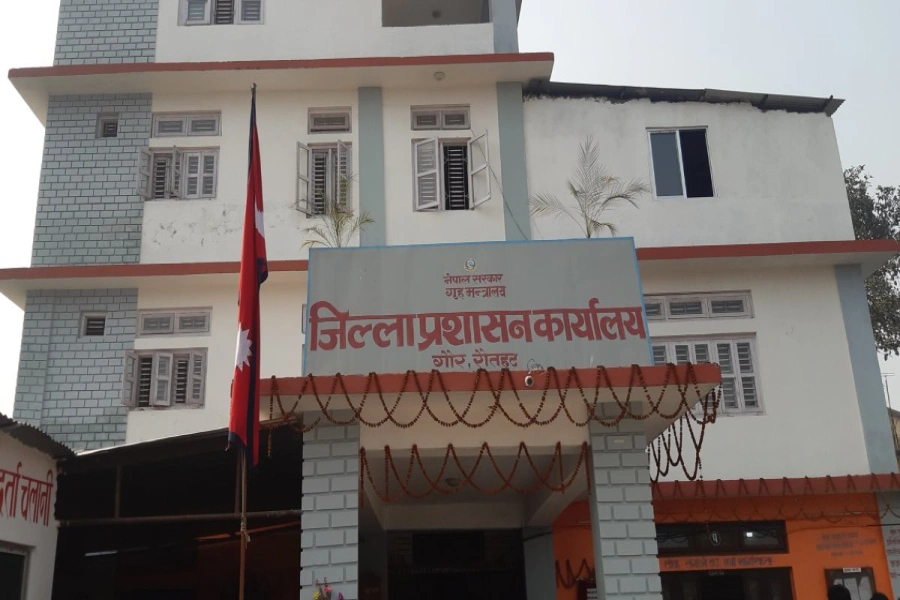KATHMANDU, July 25: Lawmakers have said that the government should pursue a reward and punishment approach to effectively implement the budget and boost capital expenditure.
Speaking at a meeting of the Finance Committee of the parliament on Tuesday, they also said that the quality of development projects should not be compromised while expediting the spending.
“The practice of spending at the last month or at the last week of the fiscal year continued in the last fiscal year also,” said Shakti Basnet, a member of the Finance Committee. “The continuity of this practice raises concern whether the budget has been utilized in a proper way and whether it has delivered results,” he added. He also said that the proper management of workforce has also resulted into delay in project implementation.
Dil Bahadur Sah, another member of the committee, said that the government should take action against those responsible for the delay in the implementation of development projects.
“The government should increase monitoring and oversight of development projects and take action on project chiefs, contractors or whoever is responsible in delaying projects till the last moment,” he added.
Expediting Capital Expenditure

Deepak Kuikel, another lawmaker, said that the payment to the contractors should be made on time.
“There are reports that huge amount of checks for payment have been made in the last week of the fiscal year. The payment of the previous quarter should be made by next quarter,” said Kuikel.
Lawmakers also said that ‘a sense of accountability’ must be inculcated among the stakeholders responsible for project implementation.
“It seems that the bureaucracy does not have the capacity to implement the budget. The capacity of the bureaucracy must be developed to ramp up capital spending,” Raj Kumar Agrawal, another lawmaker said.
Bharat Mohan Adhikari, former finance minister and leader of CPN-UML, proposed to hold regular review meetings with the big ministries that have the highest budgets.
“They will show the record of their expenditure and reasons of poor performance. The ministries, secretaries and project chiefs should take responsibility if there is no progress in project implementation,” he added.
“The quality of the development projects is also equally important as is the implementation of the budget,” added Adhikari.
According to Adhikari, the capital expenditure used to outpace the recurrent expenditure until 1994 but that trend has reversed in recent years with capital expenditure remaining at the lower end.
We should now pursue reward and punishment approach. If somebody takes responsibility, there must be progress. There should be a sense of accountability,” he added.
Also speaking at the meeting, Kewal Prasad Bhandari, joint secretary at the Ministry of Finance, said that the low capital expenditure is the result of lack of spending capacity.
“We did not work as we should. Had we worked the way we work in the last month of the fiscal year, we would not have to issue checks in the last weeks of the fiscal year,” he added, referring to project implementers.
According to Bhandari, payment of checks worth Rs 43 billion was issued on the last day of the last fiscal year.






